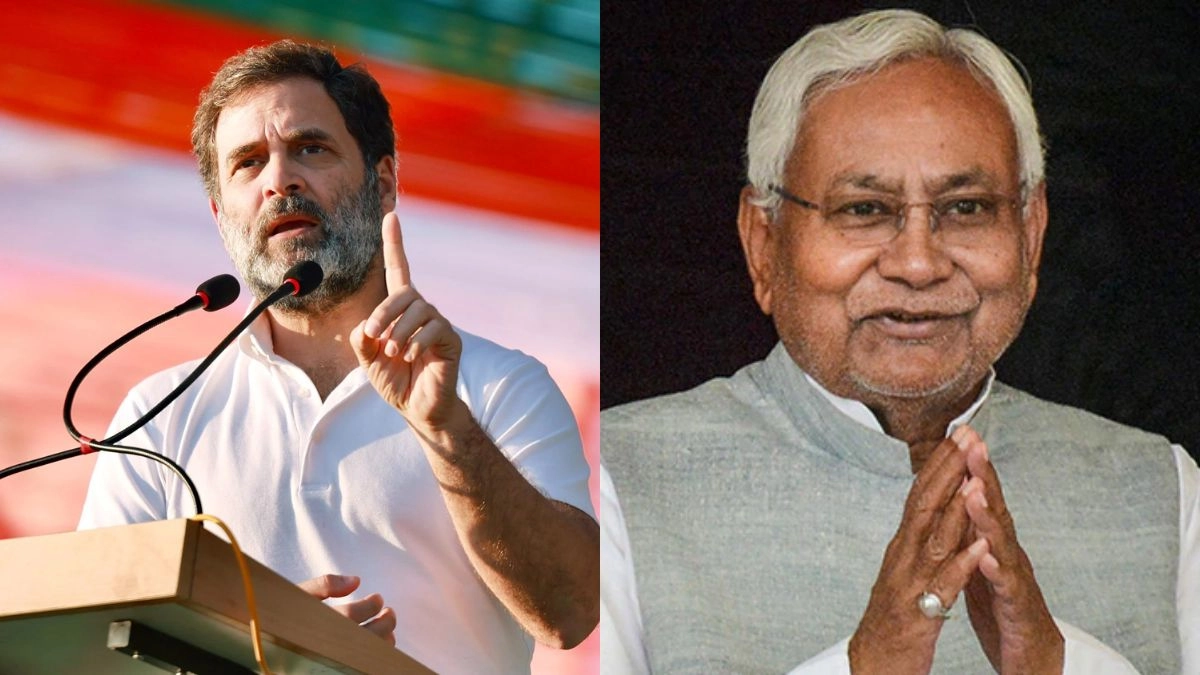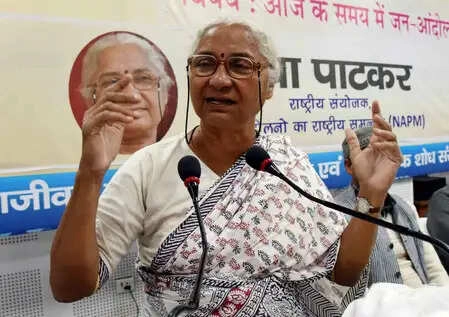In the wake of a recent murder in Patna, Rahul Gandhi took to social media to criticize the Bharatiya Janata Party (BJP) and Bihar Chief Minister Nitish Kumar, labeling the state as a “Crime Capital.” This remark underscores the ongoing tensions between the Congress party and the ruling coalition in Bihar, where rising crime rates have become a focal point of political discourse. Gandhi’s statement comes at a time when public safety and law enforcement are under scrutiny, highlighting the perceived failures of the current administration in addressing these pressing issues.
The murder in Patna has reignited debates around governance and security in Bihar, prompting political figures to weigh in on the effectiveness of the state’s law enforcement agencies. By calling attention to the incident, Gandhi aims to position the Congress party as a critical voice against the perceived inadequacies of the BJP-led government. This strategy not only seeks to galvanize support among constituents concerned about safety but also to hold both the state government and the central leadership accountable for their handling of crime and public safety.
Furthermore, Gandhi’s comments reflect a broader narrative of political rivalry in India, where leaders often capitalize on incidents of violence to question the legitimacy and efficacy of their opponents. The term “Crime Capital” serves as a powerful label that can shape public perception and influence voter sentiment in the lead-up to elections. It underscores the urgency with which opposition parties are responding to crime-related issues and their intent to create a political discourse centered around safety and security.
As political campaigns intensify, the discourse surrounding law and order will likely become more pronounced. The responses from the BJP and Nitish Kumar’s administration will be crucial in shaping the narrative and addressing the concerns of the electorate. The implications of such statements extend beyond immediate political gains; they also reflect the evolving landscape of governance in India, where the intersection of crime, politics, and public perception plays a significant role in shaping electoral outcomes.
In conclusion, Rahul Gandhi’s remarks following the Patna murder highlight the critical issues of crime and governance in Bihar and reflect the broader political dynamics at play in India. The effectiveness of the current administration in addressing these challenges will not only influence public perception but could also significantly impact the upcoming electoral landscape. As the political climate continues to evolve, the focus on crime and safety will remain a crucial element of the ongoing dialogue between political parties and the electorate.




